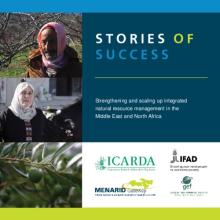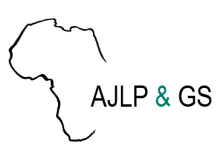/ library resources
Showing items 1 through 9 of 47.ICARDA continued to play a critical role in the development, improvement, and dissemination of climate-resilient crop varieties last year.
Widespread heat waves, floods, and droughts last year were a strong reminder of the threats posed by climate change. In the non-tropical dry areas where ICARDA works we are becoming accustomed to record high temperatures and increasing water scarcity year on year.
This issue of Caravan describes the new program, and some of the research innovations it will build on. The issue begins with two ‘opinion pieces’ by scientists from partner organizations in the CRP.
Few regions present bigger development challenges than the African drylands – home to nearly 300 million people, and the vast majority of Africa’s poor. Food security and rural welfare in these areas are limited by a range of factors, biophysical, socio-economic and policy-related.
Links between ICARDA and Spain are long established. A glance at any map of the Mediterranean will help explain why both have benefited from this collaboration.
This document is a synthesis of outcomes from a knowledge process that was a collaborative effort involving researchers, scientists, and technicians from Iran, Jordan, Morocco, Tunisia, and Yemen.
States of ecological maturity and temporal trends of drylands in Morocco, Algeria and Tunisia north of 28 N are reported for 1998–2008.
Cet arrêté prévoit un plan d'aménagement sylvo-pastoral des massifs forestiers comportant: la détermination des zones ouvertes au pâturage, des zones de mise en défens, un règlement d'exploitation, des mesures culturales pour la restauration ou l'amélioration des pâturages.
ABSTRACT Context and background Wheat is one of the oldest cultivated plants in the world and has always been one of the most important staples for millions of people around the world and especially in North Africa, where wheat is the most used crop for typical food industry.
Pagination
Land Library Search
Through our robust search engine, you can search for any item of the over 73,000 highly curated resources in the Land Library.
If you would like to find an overview of what is possible, feel free to peruse the Search Guide.









